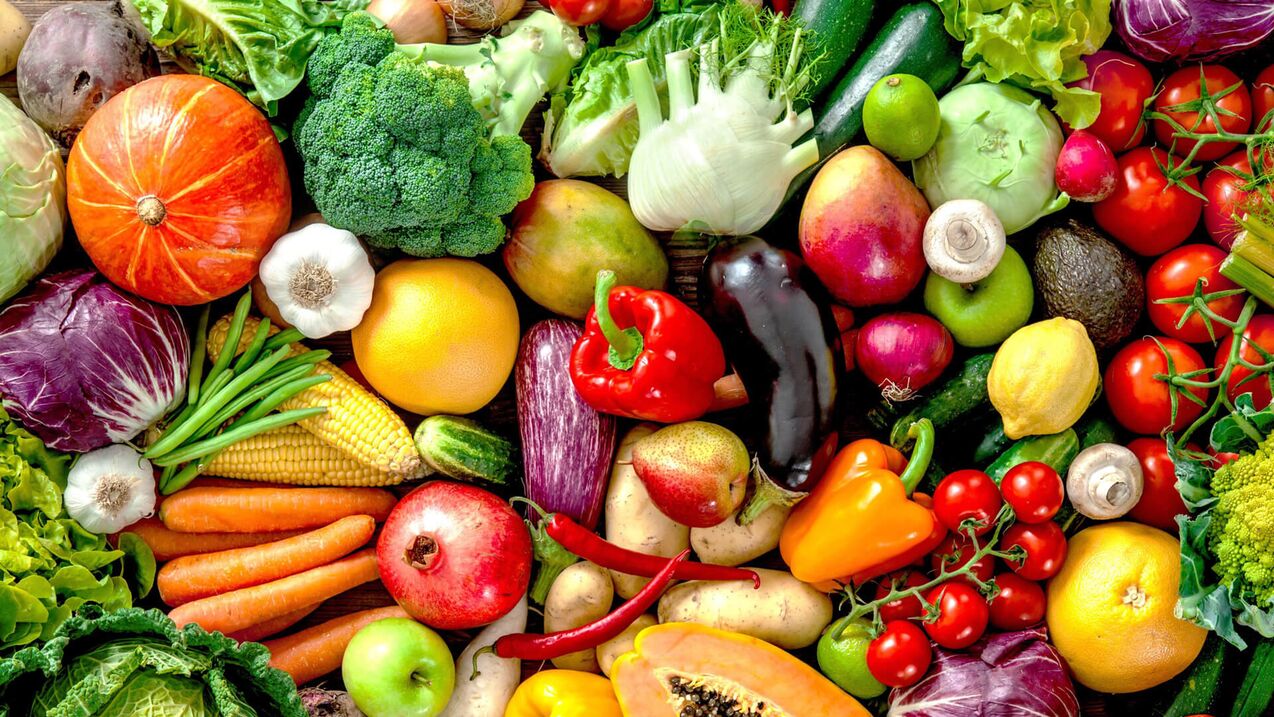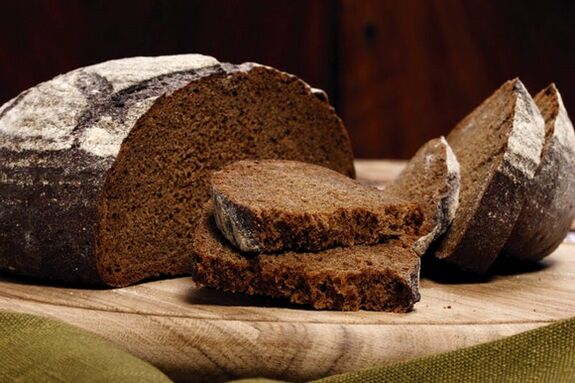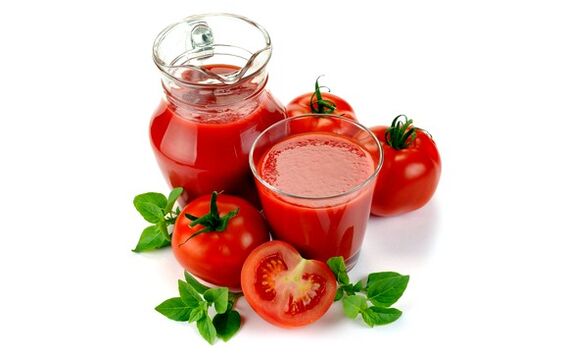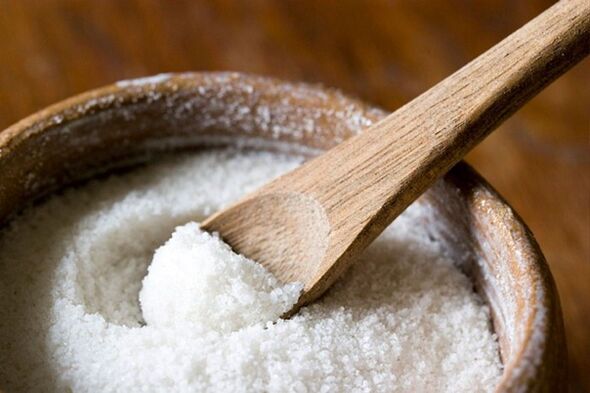
Before the New Year holidays, there is still time to shine at a company party not only in the best attire, but also to appear before the envious glances of colleagues in the best physical shape. Advice on moderate nutrition, optimal physical activity, the exclusion from the diet of sweet carbonated drinks, flour, fast food and other harmful substances from the diet of urban residents always remain relevant. Following the recommendations of dieticians and fitness instructors, of course, will give its result, but how long does it take? And I want to lose weight here and now. The ideal option for this would be the Japanese diet for 14 days. It should be noted that the menu in it is very limited. Within two weeks it is necessary to strictly and strictly adhere to the established schedule, and various small joys in life are strictly prohibited, even in the form of a tiny caramel or a sip of sweet juice. Before proceeding, it is necessary to tune mentally and physiologically to avoid stressful consequences.
Characteristics of the Japanese diet
Nutritionists and people who have already experienced this way of eating recommend choosing a period in which the temptation to give up will be minimal. A visit to your beloved aunt for her birthday, in honor of which she prepares those very fragrant and fragrant cakes, is not the best time for an endeavor like the Japanese diet. In addition, you need to slightly limit your diet for one or two weeks, moderate your appetite for sweet, starchy and salty foods. So that the subsequent transition to new dishes is not too complicated and they do not seem bland.

By itself, the Japanese diet is not the usual Japanese diet. Those who, after the announcement of this name, imagined sushi, soy sauce and spicy skewers will be very disappointed, because unsalted meat and vegetables dressed with vegetable oil predominate in the diet. Why then is the diet called Japanese? They created a nutrition system with this name in the Japanese Yaeks Clinic. Nutritionists, based on a scientific approach to the existing problem of obesity and the experience of generations in the fight against it, have compiled a menu that will help you quickly lose those extra pounds. There is an opinion that in order to reach the end of this diet, it is necessary to have character traits inherent in the inhabitants of the country of the rising sun: organization, following the rules and traditions, integrity and willpower. The Japanese diet, reviews of which have flooded all forum pages, really justifies the effort. The results vary, it will be possible to lose at least 5 kg, and in some cases it can be more than 10 kg in two weeks.
What can you eat while on a diet?
So, to get started, starting the weight loss process, it is necessary with the fact that it is necessary to make basic purchases for the future diet. I am pleased that the necessary products are inexpensive and easily accessible. You can buy them in any supermarket, or at the market, in all corners of the country. There are absolutely no exotic, rare or hard to find ingredients.

The product list consists of the following items:
- natural coffee;
- high quality loose green tea, you can also pack it, if you are sure it is really tea and not herb with flavorings;
- chicken meat. But it is the sirloin part, the meat must be white, because it is the least fatty and does not cause allergic reactions;
- beef, it is better to choose young meat so that after processing it is more tender and digestible, the veal does not require long cooking and is easier to chew;
- sea fish of lean varieties, can be hake, cod, saithe, blue whiting;
- chicken eggs;
- vegetables - zucchini, eggplant, carrots, white or Peking cabbage, is not inferior in quality and nutritional characteristics to ordinary cabbage, but tastes better when raw. If the diet falls in the summer season, when the young varieties of cabbage are in full swing, then there is no difference;
- fruits - apples, pears, citrus fruits (including lemons, for salad dressing), apricots, plums, everything the soul desires, except bananas and grapes for their high calorie content and a large amount of sugars;
- vegetable oil, it can be any, olive, sunflower, corn;
- Rye bread. The Japanese 14-day diet excludes the use of bread of mixed composition or baked with wheat flour;
- low-fat kefir. It must be purchased every day so that the product is fresh, if it is three days old or more it has binding properties, which will hinder peristalsis and increase gas formation;
- some hard cheese, but natural milk, no vegetable fats;
- tomato juice. Often the producers of this drink take care of the taste of the product by adding salt to the composition, however the Japanese diet for 14 days, whose menu provides for its total exclusion, forces you to look for a hundred percent of natural juice without adding impurity.



Also, to quench your thirst, you need to stock up on drinking water. This can be regular tap water, pre-filtered or boiled, bottled mineral water is also allowed. Drinking will provide the body with the necessary amount of fluid, which already suffers from a lack of vitamins and elements and gives a feeling of satiety in the stomach. Snacks in the diet are not provided, this gap can be filled by drinking water throughout the day.
What did you order? Japanese diet menu
After purchasing the necessary products, you can begin the cooking process. There are programs for weight loss in which the recipe of the dishes. more suitable for an upscale restaurant. For those who are not very experienced in cooking, the Japanese diet is perfect; its menu includes dishes based on boiled meat, fish, vegetables and eggs. To prepare food, according to this system, it will take very little time and effort. Meat must be boiled, fish can be boiled, baked or lightly fried in a pan, grill. Salads are made with boiled cabbage or in the form of fresh mixes of cabbage and carrots. In addition, zucchini and eggplant are lightly fried. All these preparations take very little time, which allows you to always eat fresh food. Portions should be small, two hundred grams of meat, fish and fruit. Vegetables are eaten as for a standard adult serving. Eat 1-2 hard-boiled eggs a day. A prerequisite is the absence of salt in dishes and sugar in coffee and tea.

The diet algorithm is designed in such a way that the body has to rebuild its metabolism. Meals do not contain carbohydrates. By consuming proteins, fats, spending energy during daily worries, a person begins to look for alternative resources. Then there is a process of breaking down the fats, which have been accumulated for just such a case. In two weeks of restructuring, the body completely changes its internal systems, a new mechanism for metabolic processes begins to form. Due to the more severe stress, such a diet can be dangerous for some categories of the population. The ban includes pregnant women, nursing mothers, people with chronic diseases. In any case, you should consult your doctor before taking this step.

The diet, although monotonous, but quite nutritious. And if you really do not want to starve, then the Japanese diet for 14 days is for you, the reviews of those who have experienced it are often positive. If you later adhere to the principles of proper nutrition or use separate meals in the diet, play sports, then the weight will not return for many years. Doctors often advise against using this method of losing weight due to the fact that the body does not receive many components for normal functioning. For those who find it difficult to comply with such a strict regimen, there is a simpler option - this is the Japanese diet for 13 days. In addition to reducing by one day, a small amount of salt is acceptable here. The main list of products and their combination are the same, the result is also quite good.














































































